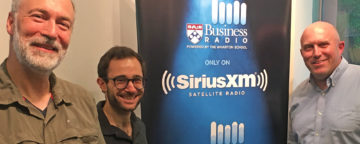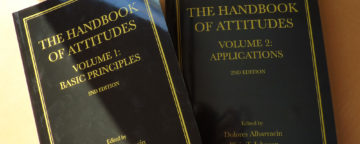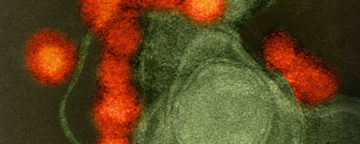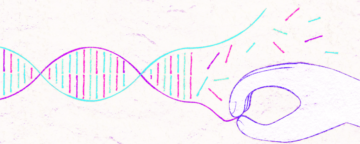Many people say they don't live near a nuclear, fracking, or refinery site when they do. A new study looks at how the public forms perceptions of proximity to risk sites such as nuclear, fracking and refinery sites.


Many people say they don't live near a nuclear, fracking, or refinery site when they do. A new study looks at how the public forms perceptions of proximity to risk sites such as nuclear, fracking and refinery sites.

As a guest on Wharton's SiriusXM radio channel, APPC postdoctoral fellow Matt Motta (center) discussed findings on climate change beliefs that were published in Climatic Change.

The NSF awarded $3 million to station KQED to study the engagement of millennials with science news. The project is connected with several APPC-affiliated scholars.

When a critic turns believer, can the story of that conversion sway others? A new Annenberg Public Policy Center study examines the effect on public attitudes of a "conversion message" about the use of genetically modified foods.

The updated "The Handbook of Attitudes" covers theory and research on how we evaluate people, places, things and ideas. Many chapters were presented at an APPC conference.

A series of papers originally presented as works-in-progress at a Zika communication summit at APPC in March 2017 were published in a special issue of Risk Analysis on “Communicating About Zika,” aimed at providing theoretical and practical insights.

The Annenberg Public Policy Center has released two Science Media Monitor reports on how the media cover ethical questions on gene editing, and scientific retractions.